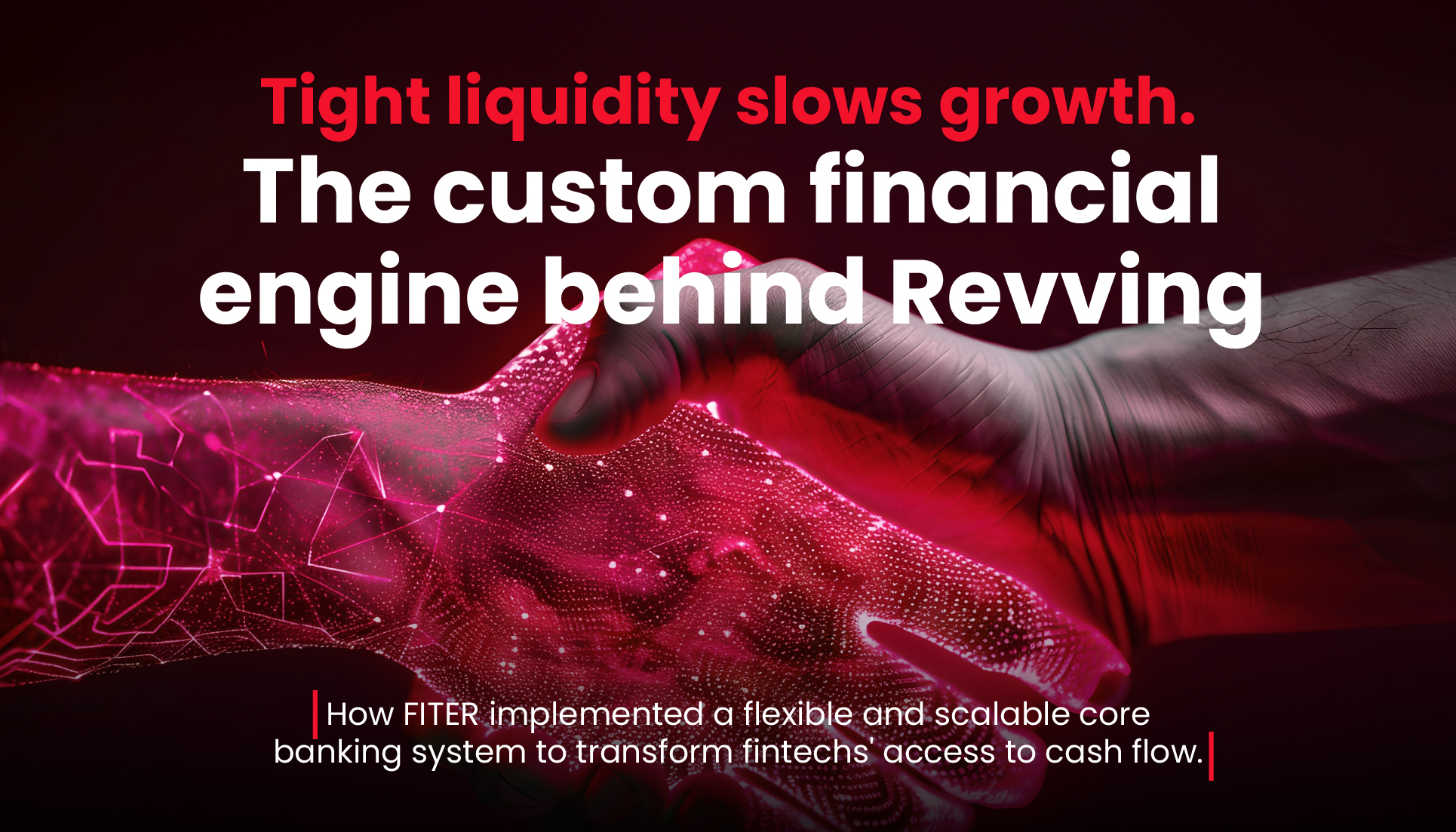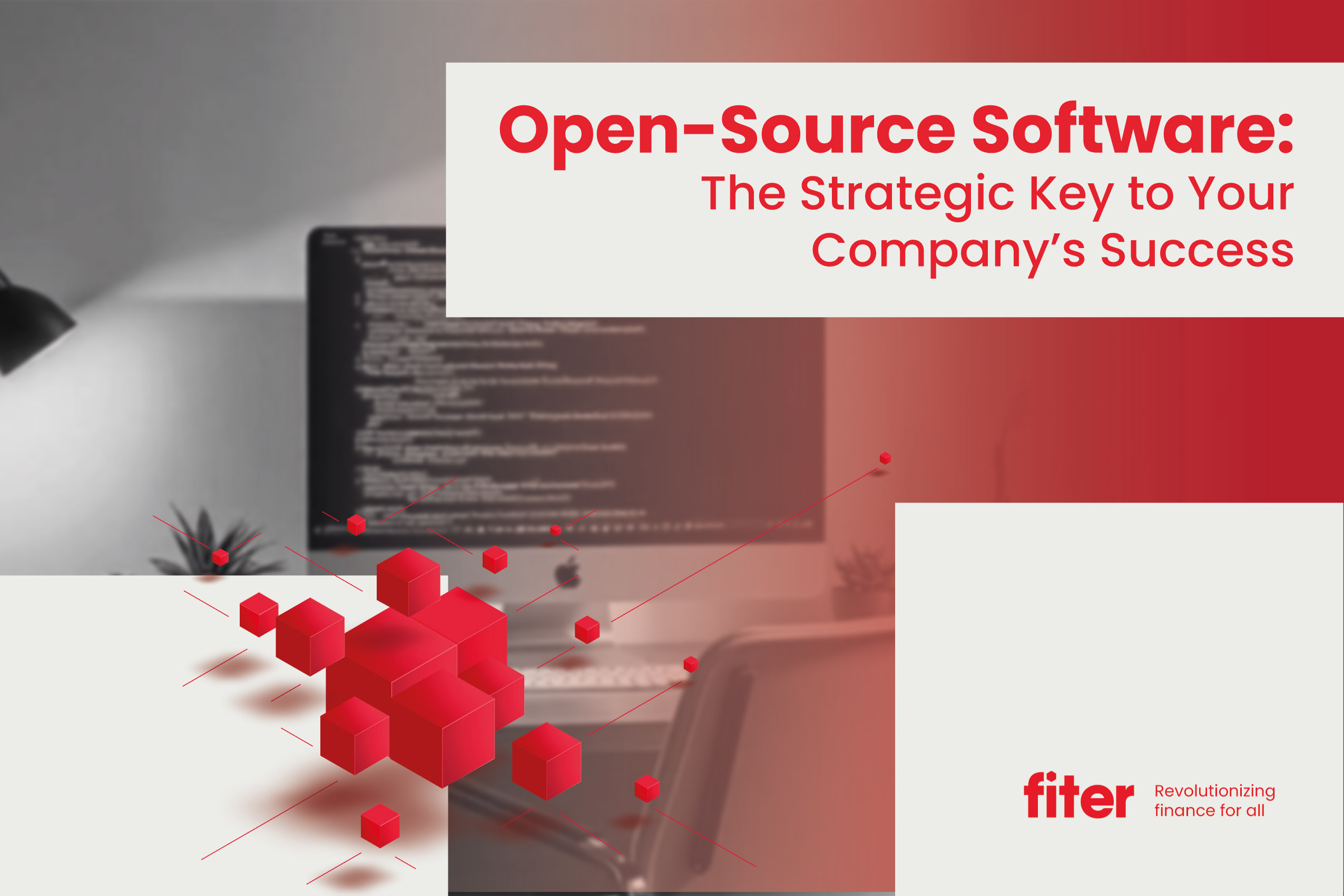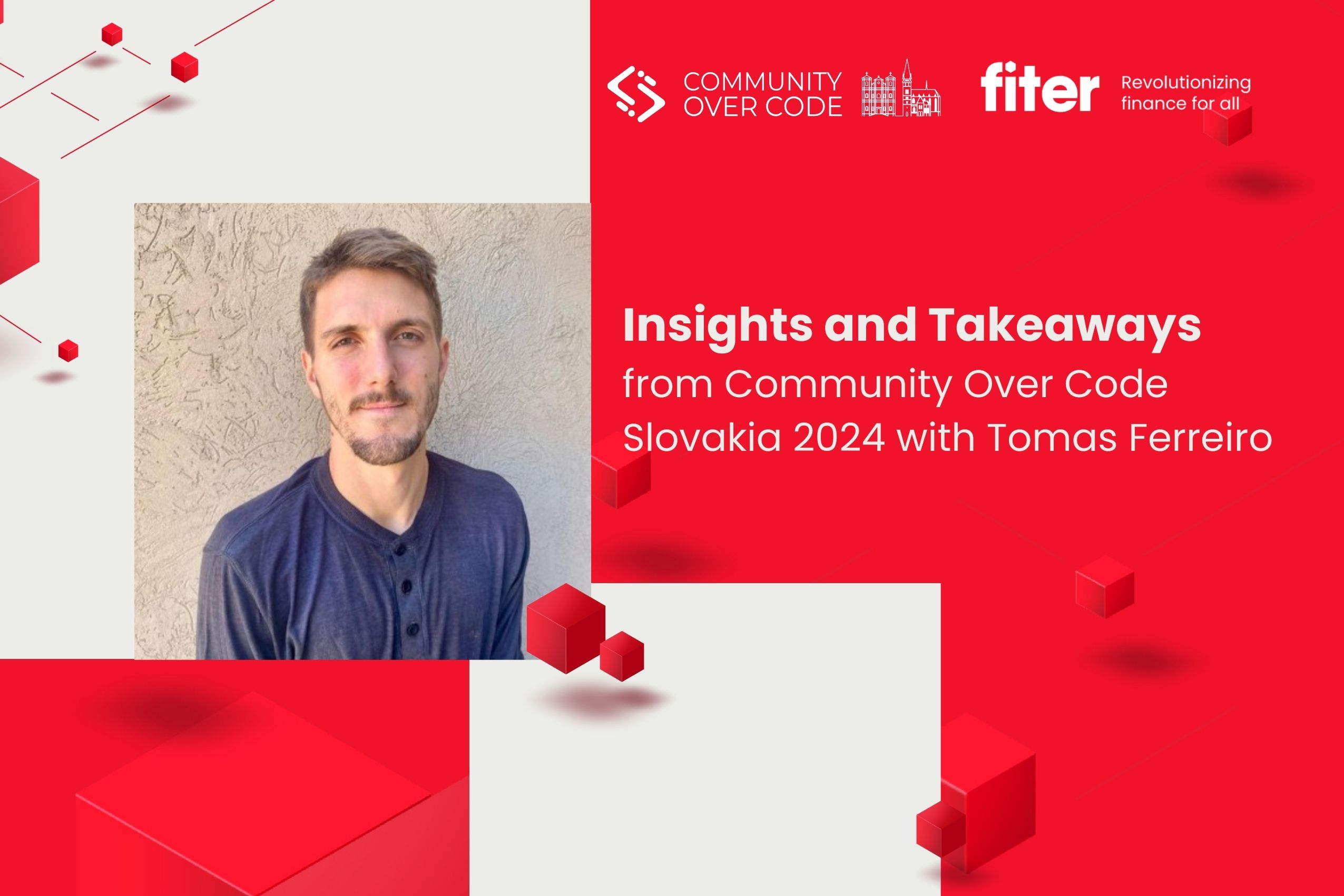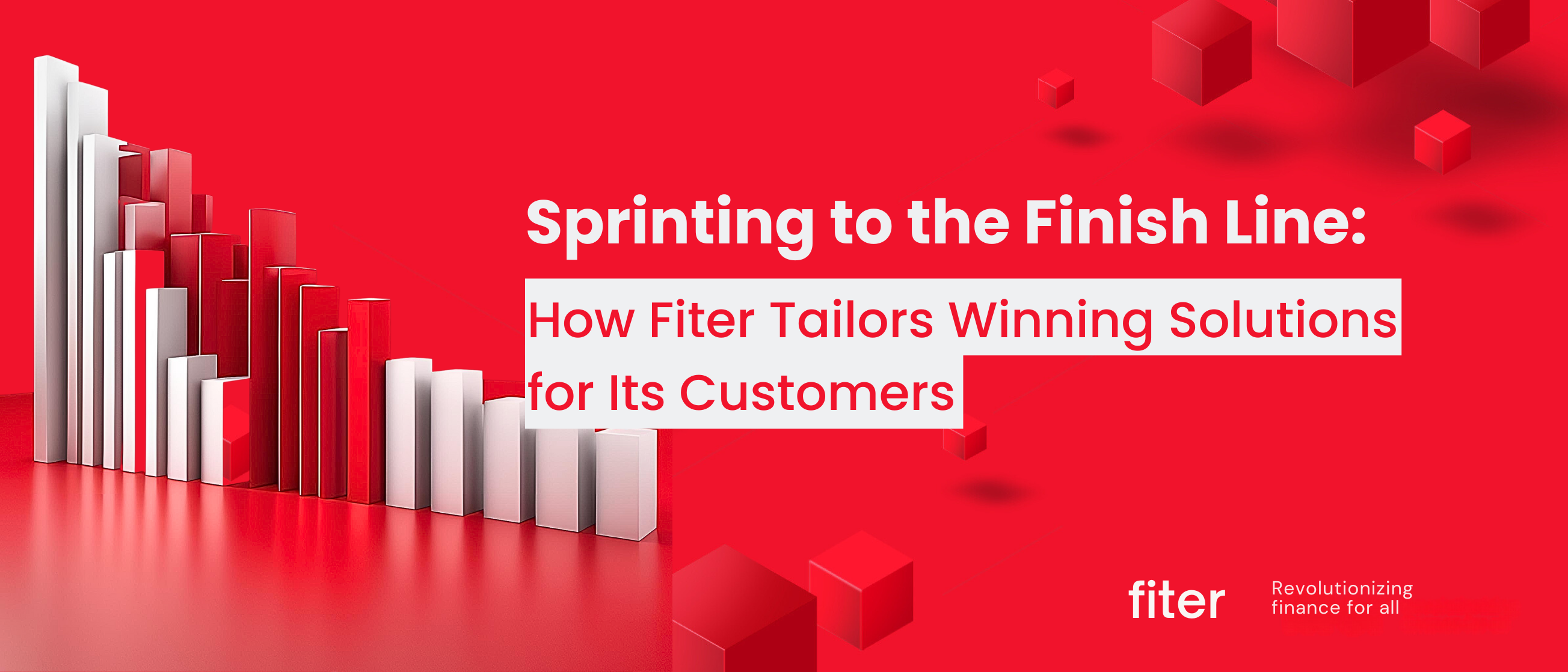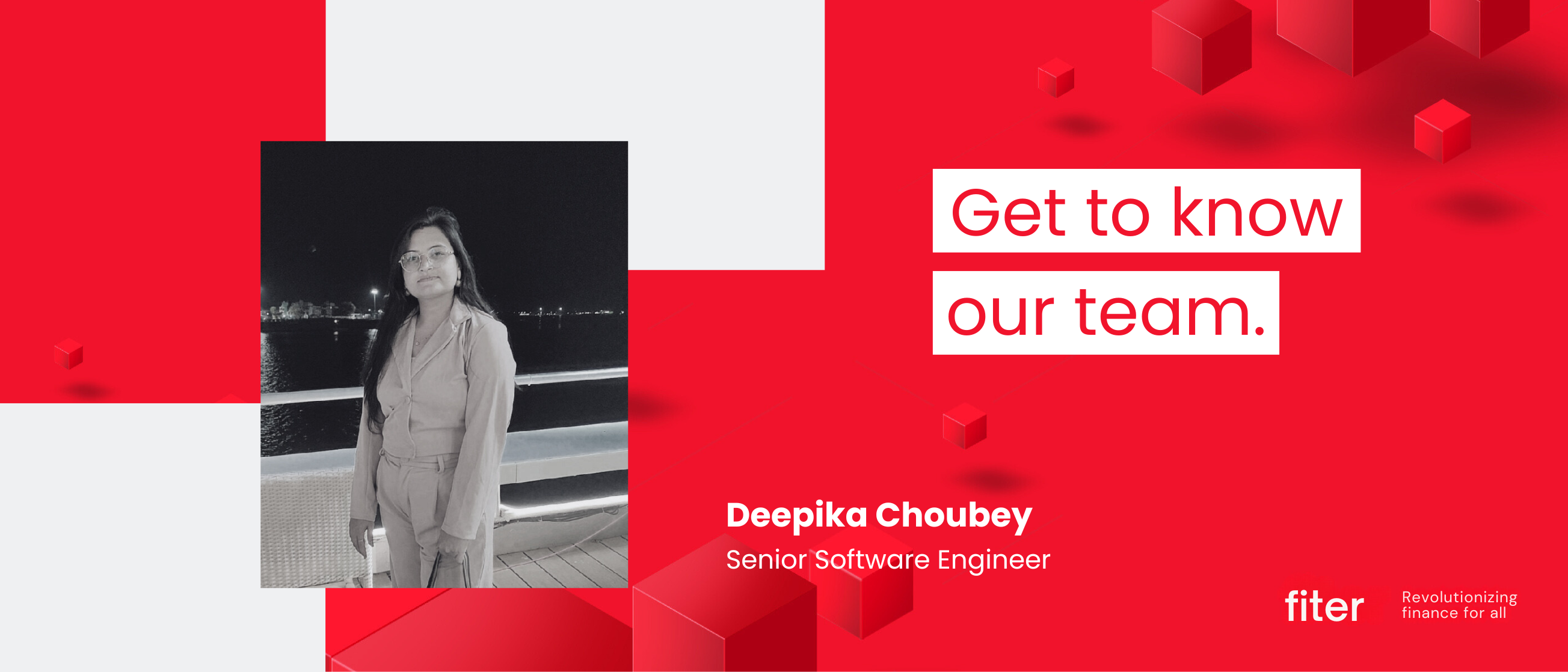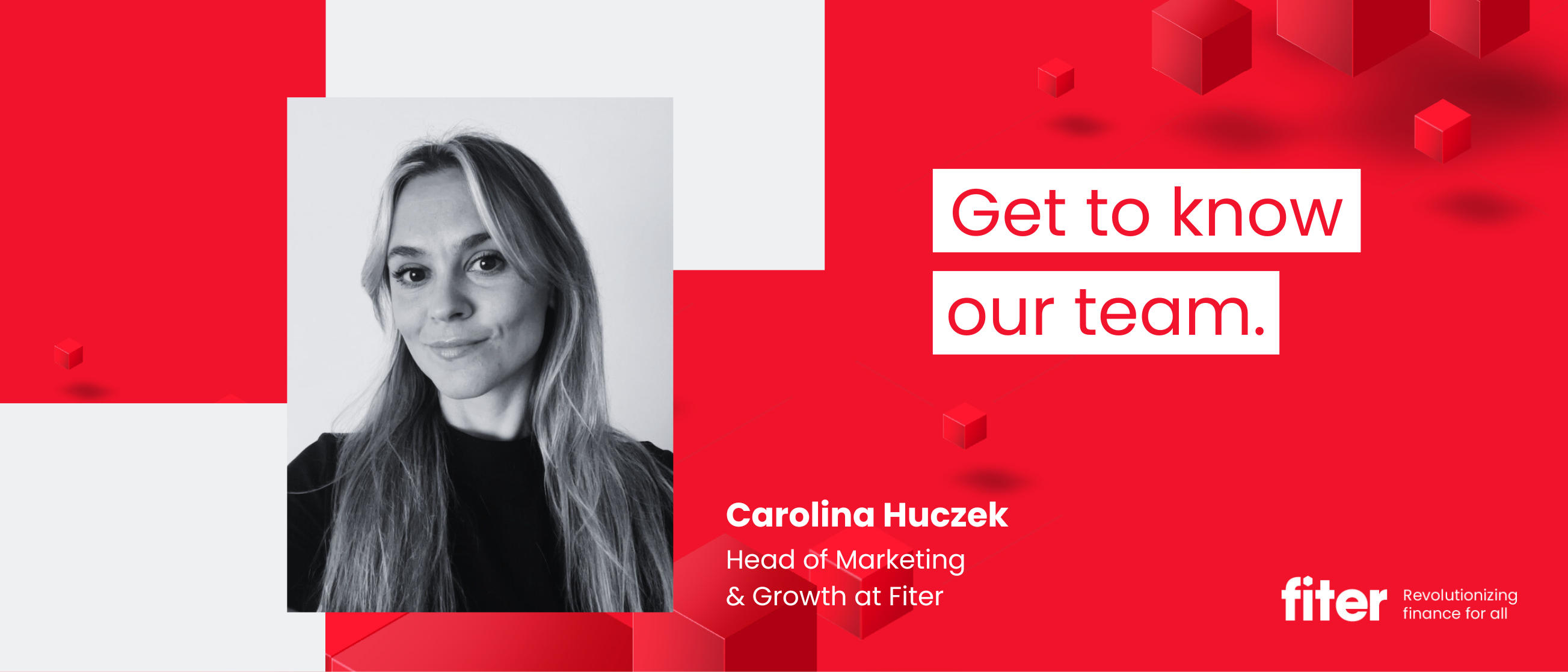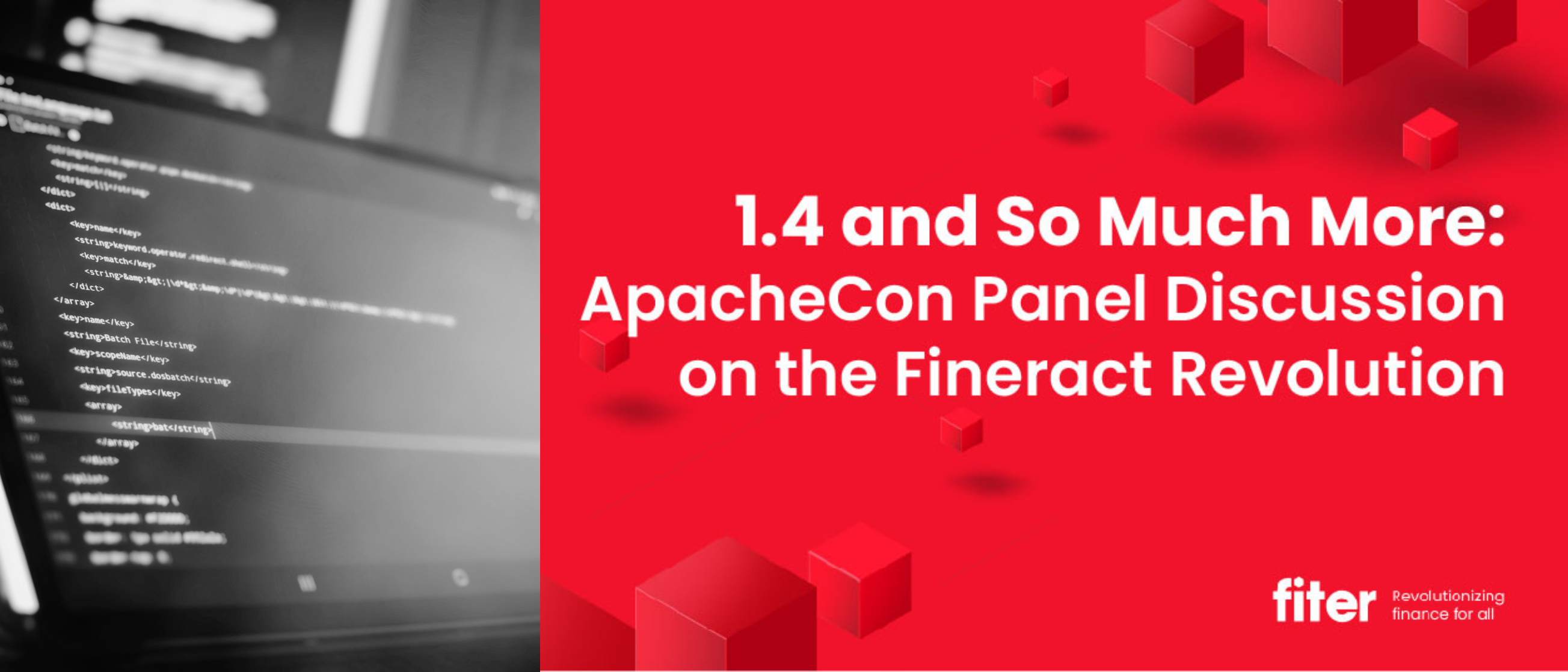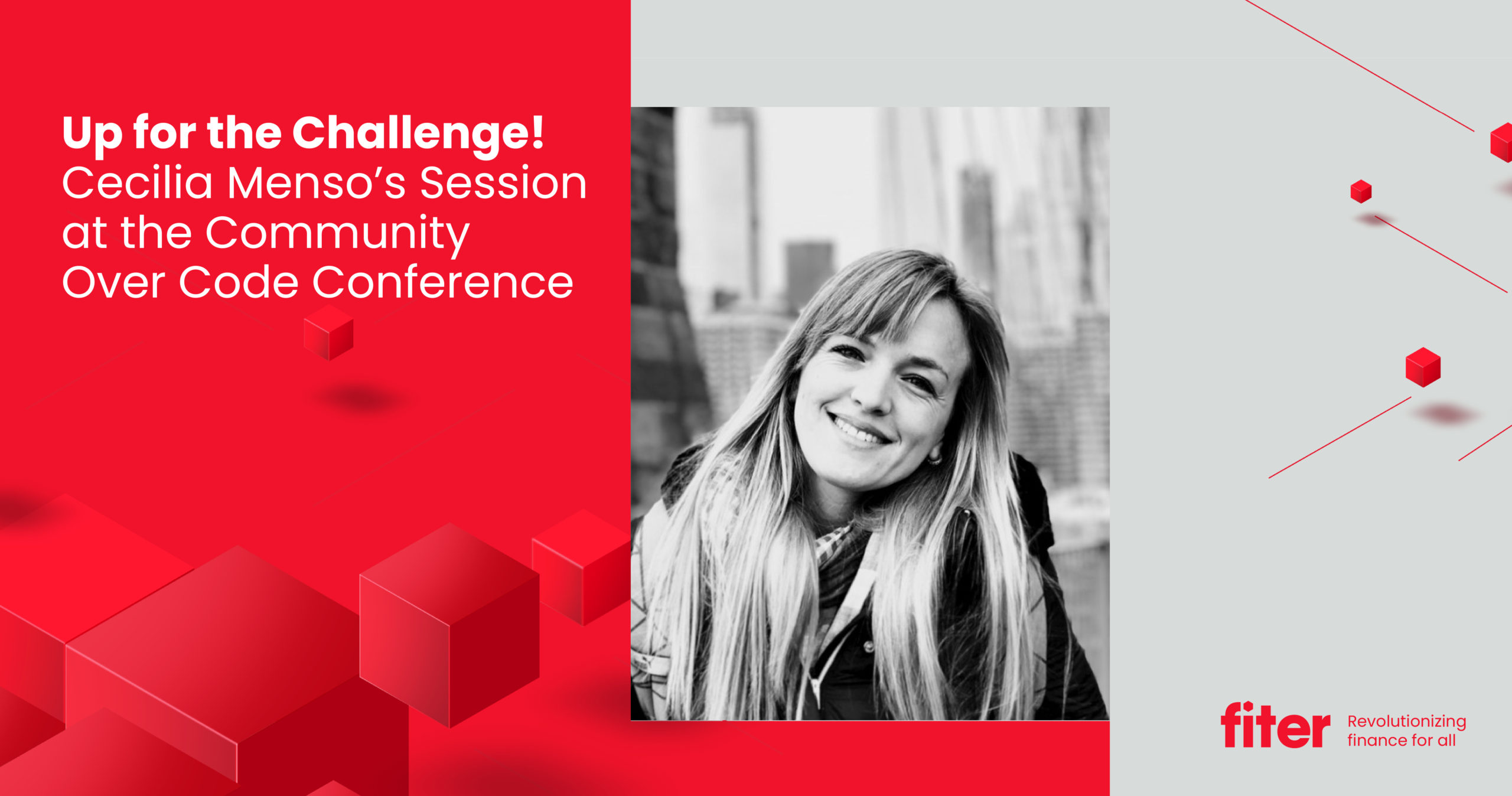We got together with Diego Gutiérrez Zaldívar, CEO & Co-Founder at IOVLabs, CEO & Co-Founder at RSK Labs, and Co-Founder and President at Koibanx, Manuel Beaudroit, Co-founder & CEO at Belo and Javier Borkenztain, Co-Founder and CEO at Fiter, during their Apache Software Foundation member panel, to hear their thoughts on Blockchain, Fineract and the decentralized finance. Here are the main takeaways:
What is decentralized finance (DeFi)?
Fintech and Fineract have been meshing well in recent years, leading to an emerging trend in the Fintech space – decentralized finance (DeFi). DeFi deconstructs finance into small atom-like parts that can then be reassembled into different constellations based on desired new financial products and services that are accessible to everyone.
The traditional financial system that has historically been based on mediation and centralization, compliance, and cost of operation, excludes half of the world’s population. DeFi is rebuilding these same financial services using public infrastructure and decentralized blockchain technology.
DeFi and the shift in interoperability in the financial industry
DeFi is transforming the interoperability between people and service providers from a foundation of legal agreements to a definition by programming logic. That concept creates a truly global financial system with a level of interoperability that was not possible previously.
Computer programs are now replacing intermediaries; people are lending money directly to other people. New transaction types are becoming available. DeFi will bring about services and opportunities that we did not think possible. Financial institutions and local infrastructures, realizing the added value of this type of expanded interoperability, enter DeFi to take advantage of these new opportunities.
How is the public infrastructure and Apache Fineract changing the financial industry?
Traditional finance was based on the big safe model, operating as a custodial service. The public infrastructure turns custodial services and payment processing services into commodities. The financial institution should now act as a switch that enables collaboration and transactional freedom in the market.
Apache Fineract can support this new world by providing the best non-custodial systems through a fully open-sourced environment. Done successfully, we can enjoy the financial system of the future, that is fully auditable, trusted and offers full transparency. Open source is important for innovation and R&D, so everyone is up to speed and involved in contributing solutions. Closed centralized institutions are not as good at supporting innovation and speed.
From maintenance fees to nominal charges
People can open an account in Blockchain without paying recurring maintenance fees. Payment processing moves from percentages of the transaction to a nominal charge that varies based on the security level of the network selected. Since users are now paying for security, there is no longer a need to pay in percentages of the transaction. Users’ accounts live as long as users wish them to exist. The tradeoff is the reduced security level that goes with lower costs while gaining scalability.
From custodial services to risk assessment
In this new DeFi environment where payment is risk-based custodial services and payment processing are commodities, financial institutions must reinvent themselves by focusing exclusively on risk assessment. Blockchain only analyzes risks within the blockchain, so external sources would need to be analyzed through the centralized system. There is a great deal of value for the entire financial industry to refocus on risk assessment. Risks exist both in the physical world and digital world. Thus, traditional institutions can bring value by establishing trust between the two worlds. The DeFi system would still interact with the financial infrastructure of individual countries and economies and therefore needs to comply with local regulations.
As loan systems become highly efficient, executing debt instantly, automated digital loans will become more attractive to people in the long term than current loans. People will move from ownership to access, opting for digital assets that give them more value. Digital assets will have an advantage over physical assets, supporting the open world movement through the open-source platform.

Shifting account ownership to users
Centralized systems require costly security systems. The new technologies allow custody to be distributed. By integrating non-custodial technologies into their systems, traditional financial institutions would free themselves of custody and assets to enjoy the best of both worlds. This can be achieved by:
1. Allowing users to be in charge of their accounts.
2. Enabling account balances to be managed with private public keys in a decentralized environment.
3. Maintaining risk assessment in a centralized environment.
4. Dramatically reducing operational costs by distributing security.
5. Shifting validation to be carried out by the participants.
What can we expect to see next in the financial industry through DeFi?
A. People as the engine of financial service: at maximal decentralization with everyone lending to or borrowing from anyone, opportunities are monumental.
B. Privacy protection: Centralized banking, where transactions are monitored, can jeopardize privacy. Blockchain strikes a good balance between law enforcement and privacy protection. Decentralized crypto currencies provide sufficient information without sacrificing privacy.
C. The internet of value and the transfer of value: people leveraging their reputation and identity to create value, access better markets, coordinate social activities, and create self-organized solutions for society’s issues.
D. Inclusive open financial system: the peaceful revolution where money flows from traditional financial system into a new, inclusive open financial system.
E. Transaction speed: Centralization creates bottlenecks that delay collaboration but with this new global, cloud-based layer there are no bottlenecks in theory.
F. Global collaboration: Money is both a tool and a means for collaboration. To date, collaboration was local. When everyone can make money through lending or borrowing, there are incentives to being part of the system. Up until now this was only privy to a small group of people controlling the operation
G. Global economy: over the next decade we will have a truly global economy because this system is truly global by design.
Humankind is at a pivotal moment. Bitcoin and decentralized blockchains are facilitating the disintermediation of the financial system and will very likely affect the future political system in the same way the internet has changed the way we access knowledge and communication, giving a direct voice to society and bringing opportunity and prosperity to mankind. The Apache Finteract and blockchain community has a big role to play in working through the challenges to build the financial system of the future.


